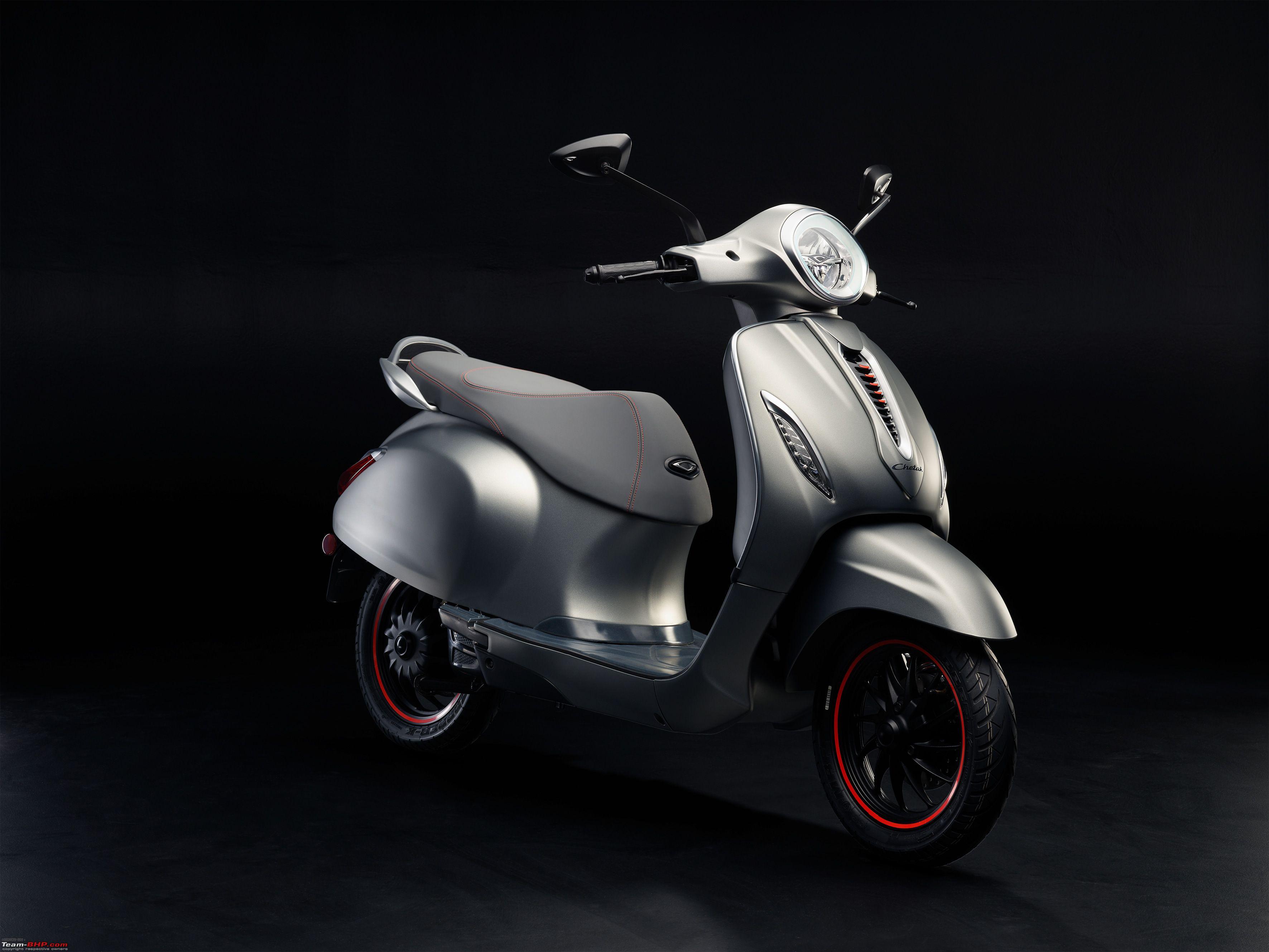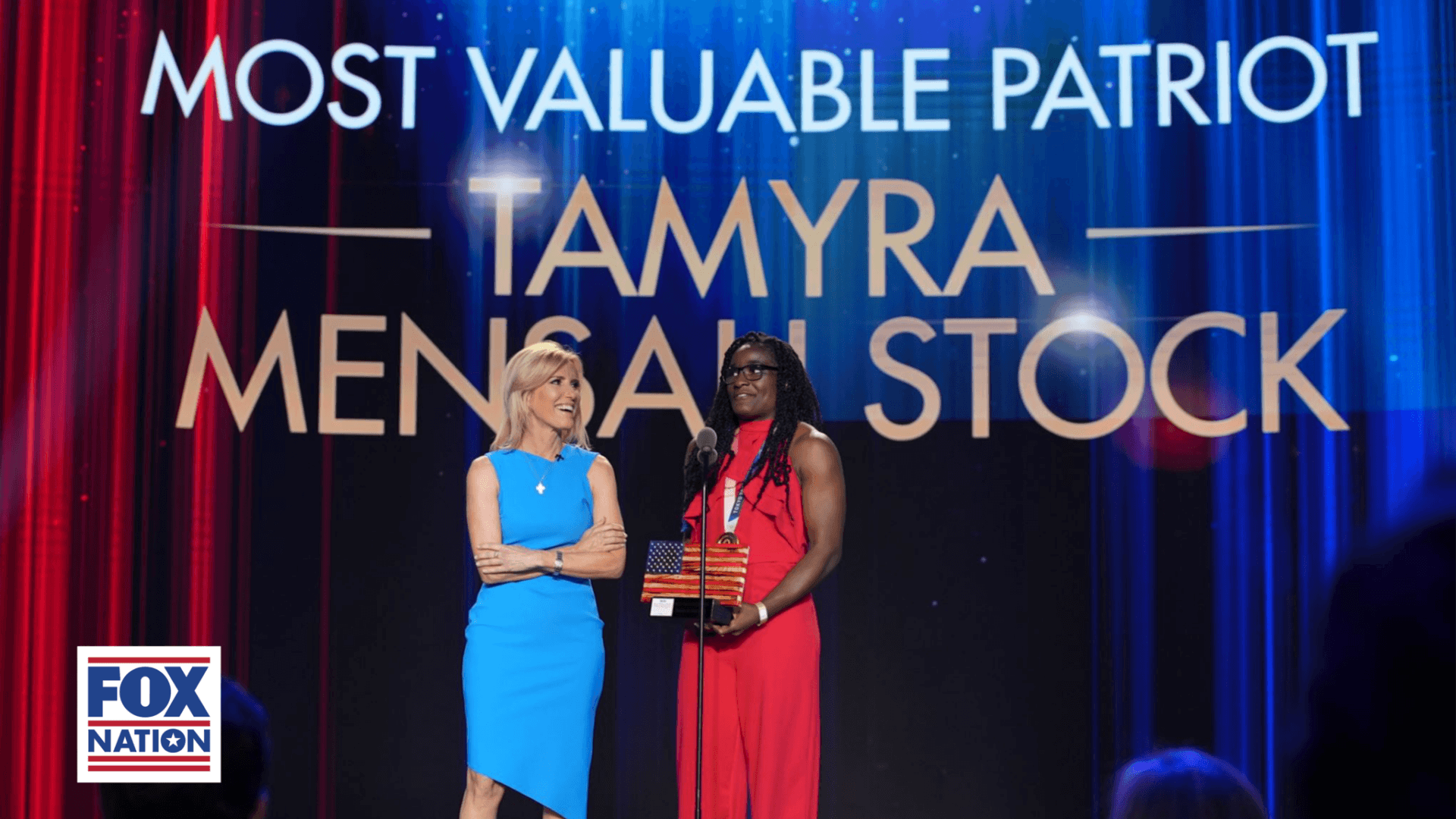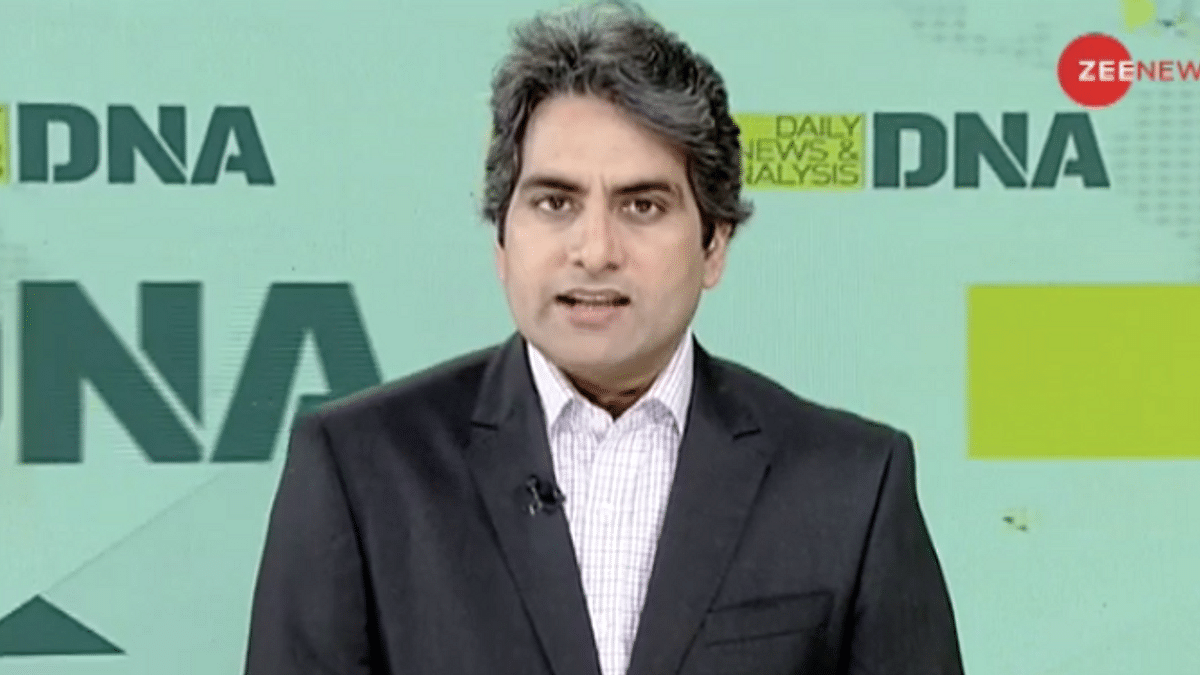


Bajaj Auto, the Pune-based motorcycle specialist, has introduced the new 35 Series of the popular Chetak electric scooter with three variants. With a starting price of Rs 1.27 lakh, the feature-loaded 3501 variant aims to compete with its counterparts like TVS iQube, Ola S1, and Ather Rizta in the Indian market. With the customer-friendly delivery schedule, Bajaj Auto is confident to retain its leadership position in the electric two-wheeler segment. This strategic move by the company not only caters to the needs of young riders but also showcases its commitment to providing cutting-edge technology with neo-classic style.
Bajaj Chetak: A Resurgence of an Iconic Indian Brand
Bajaj Auto, the renowned Indian motorcycle manufacturer, has unveiled the latest iteration of its legendary Chetak scooter, the 35 Series. This electric vehicle marks a resurgence for the Chetak nameplate, which once dominated the Indian market.
Background
The Bajaj Chetak was initially introduced in 1972 as an affordable and reliable scooter for Indian families. The original Chetak, based on the Vespa Primavera, became a cultural icon, synonymous with middle-class mobility in India. However, with the advent of more modern and fuel-efficient motorcycles in the 1990s, the Chetak's popularity waned.
The Chetak 35 Series
In 2019, Bajaj Auto announced its intention to revive the Chetak nameplate with an electric scooter. The new Chetak 35 Series was unveiled in January 2023 and comes in three variants:
The Chetak 35 Series is powered by a 3.8 kW electric motor that offers a range of up to 100 km on a single charge. It features a sleek neo-classic design that harkens back to the original Chetak, with modern touches such as LED lighting and a digital instrument cluster.
Market Positioning
The Chetak 35 Series aims to compete with other electric scooters in the Indian market, including the TVS iQube, Ola S1, and Ather Rizta. Bajaj Auto aims to differentiate the Chetak by offering a combination of affordability, reliability, and classic styling.
Top 5 FAQs
1. What is the price range of the Chetak 35 Series?
The Chetak 35 Series starts at Rs 1.27 lakh for the base variant and goes up to Rs 1.56 lakh for the top-spec variant.
2. What is the range of the Chetak 35 Series?
The Chetak 35 Series offers a range of up to 100 km on a single charge.
3. Can the Chetak 35 Series be charged at home?
Yes, the Chetak 35 Series can be charged at home using a regular 15-ampere power outlet.
4. Is the Chetak 35 Series water-resistant?
The Chetak 35 Series is water-resistant and can be ridden in mild rain.
5. How many color options are available for the Chetak 35 Series?
The Chetak 35 Series is available in four color options: Indigo Metallic, Velutto Rosso, Brooklyn Black, and Hazelnut.

Learn the ins and outs of how FinanceBuzz operates and makes money through partnerships with banks and other financial institutions. Our editorial team works diligently to provide accurate and in-depth information to help readers make informed financial decisions. While we strive for accuracy, it is ultimately your responsibility to double-check information before making a financial decision. Rest assured, our partnerships do not influence our opinions or recommendations - we are committed to providing unbiased information to our readers.

India's largest youth population is set to drive the country towards progress and finding solutions for pressing issues. The News18 Rising Bharat Summit 2025 has launched a unique initiative to highlight transformative ideas from students and faculty across six premier institutions. These innovative solutions cover a range of problems from urban congestion to air pollution and have the potential to shape national policy and transform lives. Prime Minister Shri Narendra Modi will unveil these solutions and engage directly with the visionary youth at the summit.

FOX News Network, a leading media organization, is offering special benefits for military members, veterans, and first responders. These exclusive offers include discounted prices for FOX Nation and the opportunity to chat with online representatives for more information. Additionally, FOX News Network guarantees privacy under CCPA and utilizes trusted sources for market data and financial information. This is a unique opportunity for members of these valued communities to access and engage with the news network.

The departure of popular news anchor Sudhir Chaudhary from Aaj Tak has left the Indian television and digital news landscape abuzz with speculation. Chaudhary's primetime show, Black & White, was a huge success and a benchmark for viewership in the Hindi-speaking belt. As the network teases an evolution with a "red" element added to its branding, industry insiders and audiences are eagerly awaiting an official announcement on who will take over as the presenter of Aaj Tak's flagship program.

The Indian government has announced an increase in the excise duty rates on petrol and diesel by ₹2 per litre, raising the duty to ₹13 per litre for petrol and ₹10 per litre for diesel. However, despite the hike, the retail prices of both fuels are expected to remain unchanged due to recent cuts in global crude oil prices. This decision comes in light of the ongoing trade tensions between the US and China, resulting in a drop in crude oil prices. OPEC+ group and its allies have also decided to increase crude oil production from May onwards. Follow Fortune India on social media for updates on this developing story.

Indian stock markets faced a steep decline on Monday, with the BSE Sensex falling by 5.19 percent and the broader Nifty dropping by 5 percent. This was triggered by trade tensions between the US and China, with the former imposing reciprocal tariffs on various trading partners, including India. The growing uncertainty and fears of a possible recession have led to a downturn in global markets, with major indices such as Hang Seng, Shanghai Composite, Nikkei 225, and KOSPI also witnessing a sharp decline. The heightened volatility in the markets has caused a heavy selling pressure in the Indian market, with the Nifty Smallcap 100 and Nifty Midcap 100 also facing significant losses.

In a shocking move, US President Donald Trump announces tariffs on imports from 180 countries, sending the stock market into a major decline. With investors drawing comparisons to the 1987 Black Monday crash, concerns about a global trade war and prolonged instability continue to grow. As major indices across the world drop and circuit breakers are invoked, the question on everyone's mind is: is this the next disaster for the stock market?

The BSE Sensex and Nifty50 experienced steep declines at the market open on Monday, following global markets' reaction to fears of an escalating trade war caused by US President Donald Trump's tariff policies. By mid-day, the BSE Sensex had plunged over 3,000 points and the Nifty50 had tumbled 5%, marking its steepest drop since June. This decline resulted in a loss of Rs 20.16 lakh crore in the market capitalisation of listed companies on the BSE. With Asian shares also nose-diving and US futures predicting further weakness, it seems that markets are responding to the sell-off seen in the US on Friday, which resulted in a $5 trillion market capitalisation erosion.

Rakesh Jhunjhunwala, renowned investor in the stock market world, has a new contender in his portfolio that has surpassed even Titan in holding value terms. This stock is from the healthcare space and has witnessed a significant gain since its market debut in December 2024. Despite this success, analysts have a consensus 'hold' recommendation for this stock, which is currently trading at a higher PE.

While tech giants saw billions wiped from their fortunes in the aftermath of Trump's tariff announcement, Berkshire Hathaway's Warren Buffett actually gained $12.7 billion YTD and now shares the top spot with Bill Gates on the billionaire rankings. His success can be attributed to his diversified portfolio, including investments in less volatile sectors like consumer goods and energy. Additionally, Buffett's cautious approach and decision to sell equities and hold a record $334 billion cash pile contributed to his gains. Unlike his peers, Buffett avoided major losses in Apple and banking stocks, anticipating a market downturn.